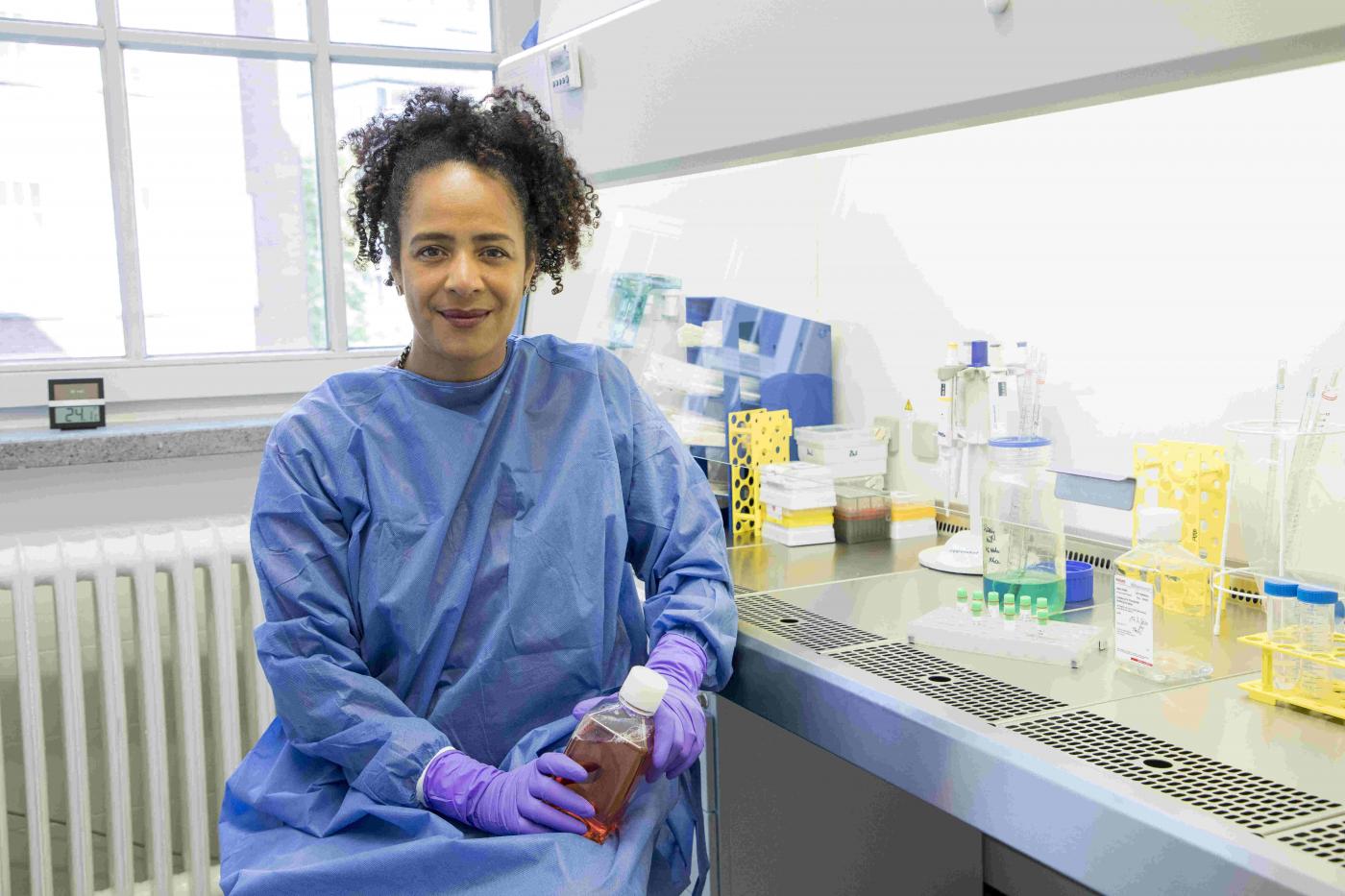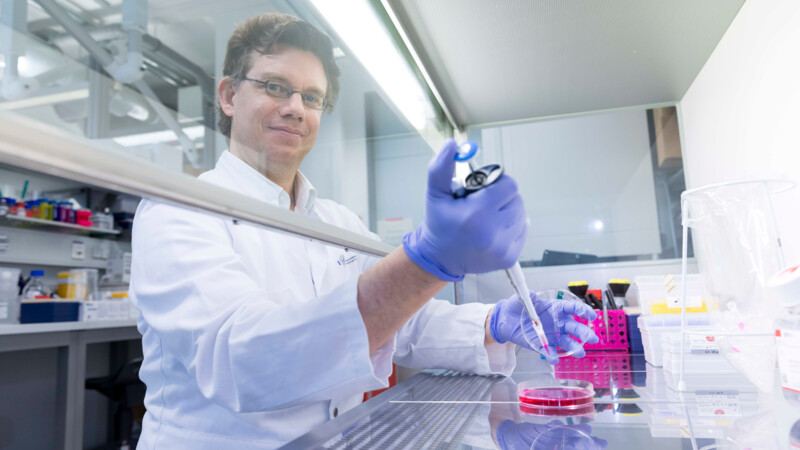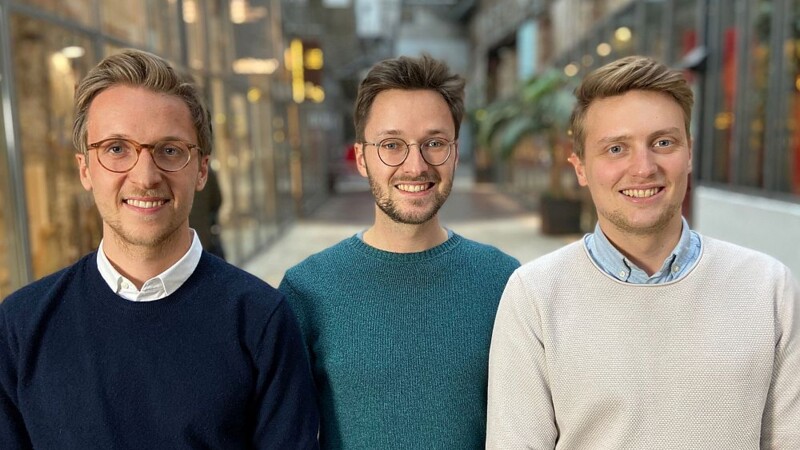Katharina Fegebank, Senator for Science, Research, Equality, remarked: "This is a first milestone en route to an effective corona vaccine." Meanwhile, Addo noted: "We are pleased about the Paul-Ehrlich-Institute's approval. The vaccine was developed with our DZIF co-operation partners Prof. Dr. Gerd Sutter from the Ludwig-Maximilians-University Munich and Prof. Dr. Stephan Becker from the Philipps-University Marburg over the past months. We are now testing the vaccine for efficacy and safety."
Scientists all over the globe are racing to come up with a vaccine to fight the novel coronavirus. The first 30 test persons in Hamburg will likely be vaccinated in mid-October, according to the University Hospital Hamburg-Eppendorf (UKE). This comes after the Paul-Ehrlich-Institut, the German federal institute for vaccines and biomedicines, approved clinical trials of the MVA-SARS-2-S vaccine. During the first phase, the vaccine will be tested for its safety, tolerability and immune response to the pathogen. The so-called vector vaccine has been developed by the German Centre for Infection Research (DZIF) and IDT Biologika GmbH. The universities of Munich and Marburg and UKE are taking part in the project. Dr. Marylyn Addo, Head of Infectiology at UK, will oversee clinical trials in Hamburg.
Milestone en route to effective vaccine
First tests
The vaccine is a so-called vector vaccine against the SARS-CoV-2 virus, in which the genetic information for a surface protein of the SARS-CoV-2 virus is incorporated into a modified and thus harmless smallpox virus (MVA). This viral vector cannot reproduce, but the inserted DNA sequence - the component of the corona virus - can simulate an infection and trigger the production of antibodies and T cells.
Test persons between 18 and 55 years
The study will start with preliminary investigations and the selection of healthy, voluntary test persons in early October. The first volunteer will receive a low dose of the vaccine in mid-October. For safety reasons, only one volunteer will be vaccinated at first and the next two 24 hours later.

A total of 30 voluntary test persons will be vaccinated in eight groups and with two ascending doses. The participants will receive two vaccinations at four-week intervals and will be required to come for regular outpatient follow-up visit over the next six months to assess their tolerability of the vaccine, possible side effects and the immune response based on blood tests and interviews.
Second test phase in late 2020
Plans are being laid for a broader Phase II clinical trial from late 2020, depending on the results of the first test phase, Addo said. Then more groups of test persons including older people will be included. The university hospitals in Tübingen, Marburg and Munich and other institutions will be involved in Phase II trials.
rr/sb/pb
Sources and further information
More
Similar articles

UKE: Patient, 23, gets world's tiniest electric pacemaker

UKE study identifies Sars-Cov-2 pathogen as multi-organ virus

E-health start-up Sympatient tops growth ranking
